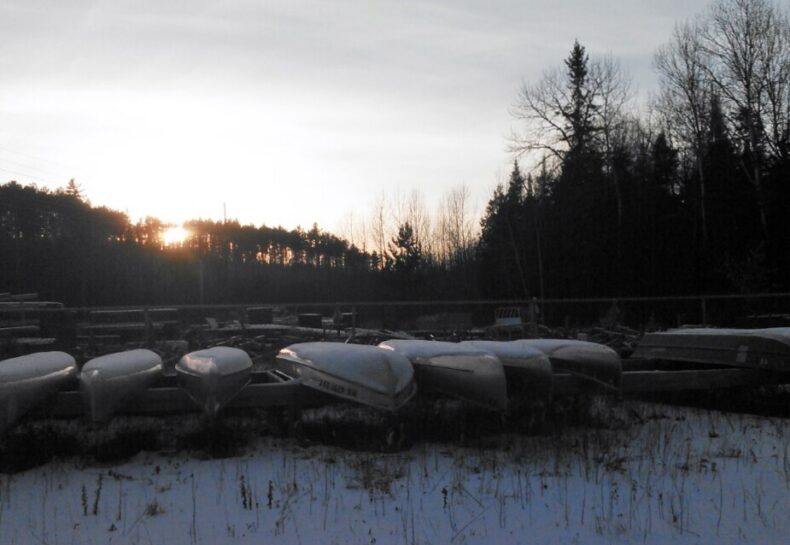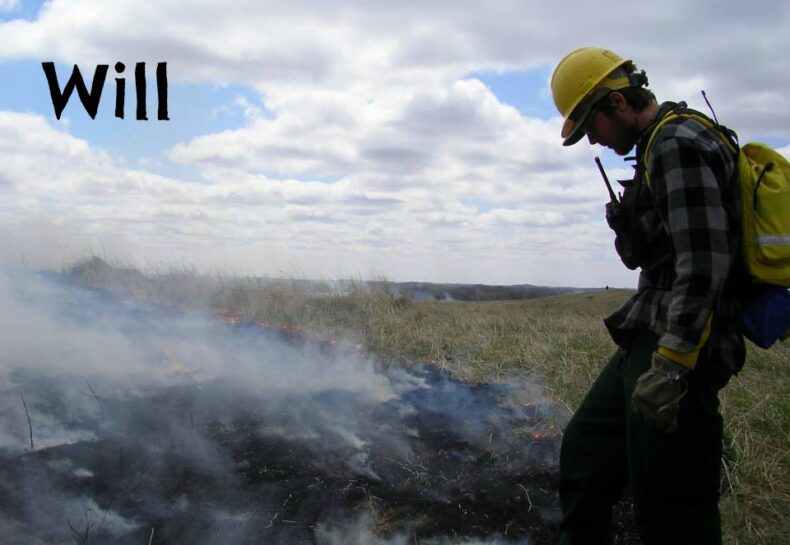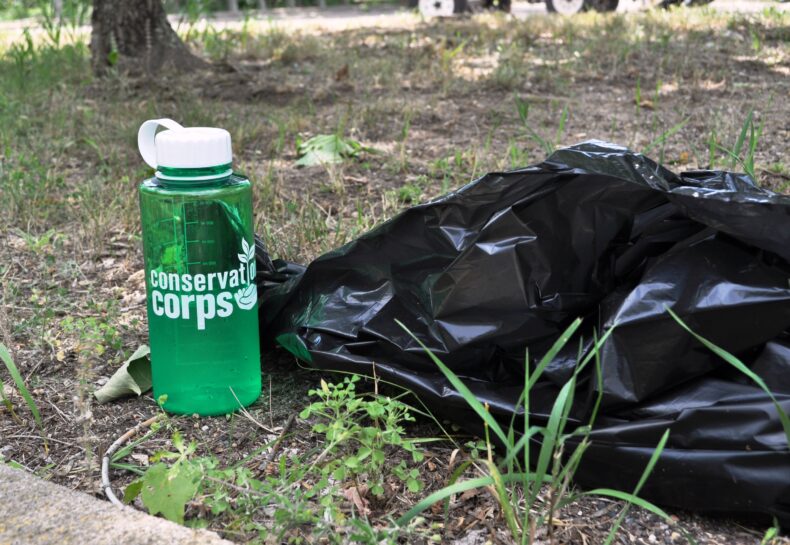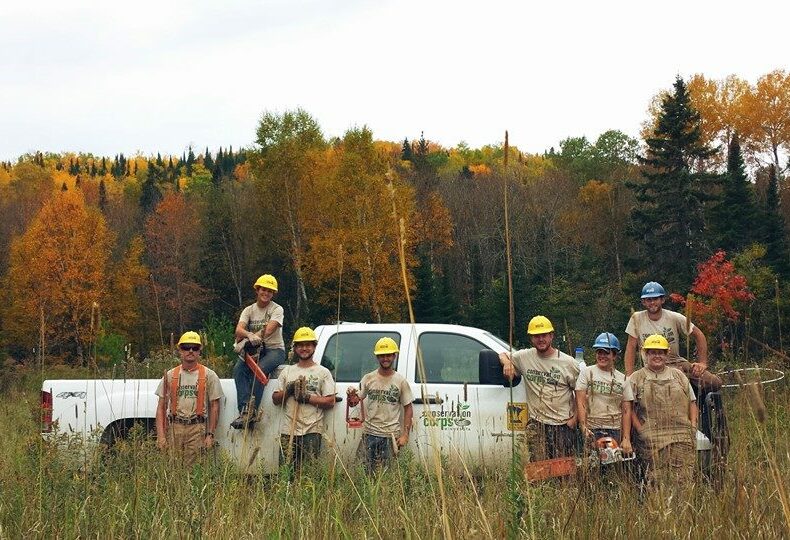Member Stories
The journey
As the end of this journey nears I am filled with trepidation, but also hope. The uncertainty of the future is what keeps the mind sharp in the present. We must march on towards the goals we set only to form new ones when the previous is reached, such is the engine of progress. In the final weeks of my term here I look back fondly on the people I have met and worked with, the places I have seen and the changes I have made on a landscape I have grown to love. Read More
The after shot
Last time I left you all with the story of my pre-installation excitement. Now I can finally say that our mission is accomplished! Installation day has come and gone and the work went more smoothly than I had hoped. Ben and Roger from RREAL made the trek down to Anamosa, Iowa and showed some weatherization crew members and me what it means to be solar installation rock stars. You know that feeling you get when you hear your favorite guitar player lay down some tasty licks? That is what was going on inside my head as I stood in a dusty basement watching the whole thing go down. Read More
If this truck could talk
At first glance, this truck simply looks like any other work truck with a few dents and scratches for added character, but it really is the sixth and probably the most important member of the Three Rivers II crew. I decided immediately that I would call it Bench Seat (it’s not really a creative name since the front seat is an undivided bench seat), and was even the namesake of our crew during introductions at orientation. Sadly, the truck is an inanimate object. However, if this truck could talk, it would have plenty to tell from its time in the Conservation Corps. From this past term, there are plenty of stories to tell. Read More
Winding down with the Ottertail crew
Yesterday afternoon, while spraying buckthorn behind our local Department of Natural Resources office, the Ottertail Crew took a short break to watch a juvenile bald eagle harangue a cluster of frightened mallards. No luck; it's still figuring this out, it seems. We can appreciate that.This is our last workweek together as a crew. Spraying invasives is frustrating and sometimes demoralizing work, but this week the crew is pleasant and contemplative. We discuss families and vacations, job interviews and tickets home. It's just that time of year. There's a lot of words for the emotions that come with leaving a program like this, but suffice it to say we've enjoyed our time together and will miss one another when we leave. Read More
Trash through the years
We worked for a week at a site in Baudette, Minn. on a household property whose owner in the 1960s dumped trash into their yard, which sloped gradually downward into a lake. Random objects buried in shards of broken glass and rusty scraps of tin told of its age: blue and green mason jars, soft plastic doll limbs, simple fishing reels, shattered bakelite kitchenware. Where the land curved down into the lake, the trash was more deeply layered. Each shovel full of broken glass and metal revealed another layer underneath. I joked with a co-worker about discovering a new kind of geological stratum. We found more recent trash scattered about the property as well: bits of foam board insulation, plastic wrapping, beer and pop cans. Read More
It’s the little things
It’s the little things that you remember about a job most clearly. I think years from now I might not remember what project I was working on or where, but I will remember the seemingly small, yet hilarious events that got me through the days. I’ll remember the savory bite from a freshly made hamburger followed by a slip and then a Dwyane Wade style slam dunk into the fire pit. I’ll remember a lottery bear tag accidentally expiring and the subsequent wrath of a Paul Bunyan mode crew leader when the realization set in that the bear rug would have to wait another year. You may find, that in your work, you won’t recall the rock you had to detach from the mantle of the Earth or the tree that got hung up so bad that it’s probably still out there... but instead the quirks of the people you interact with on a daily basis and the laughs you’ve had in between. Read More





